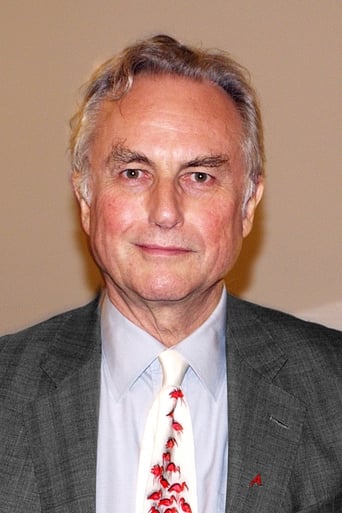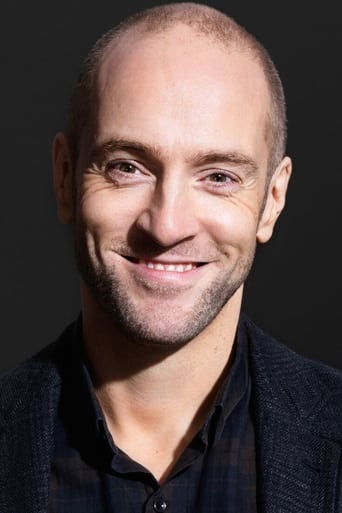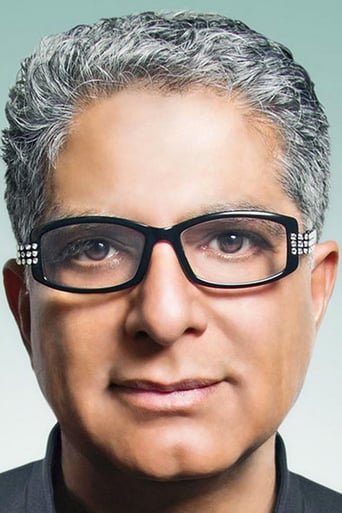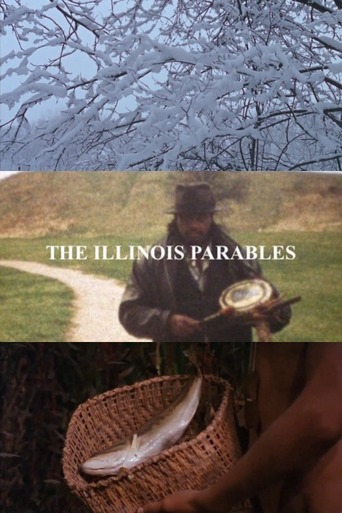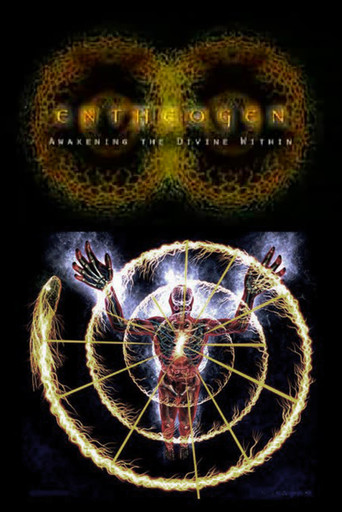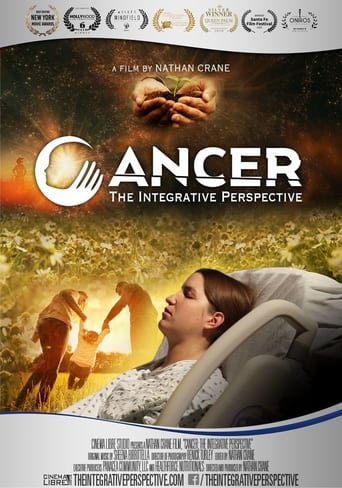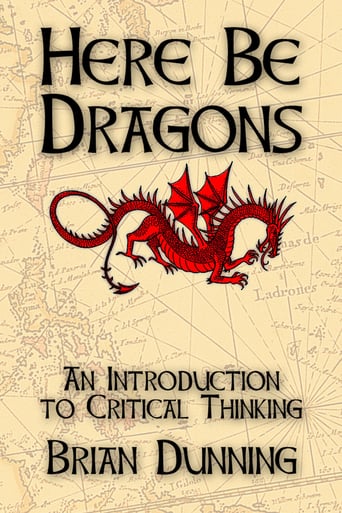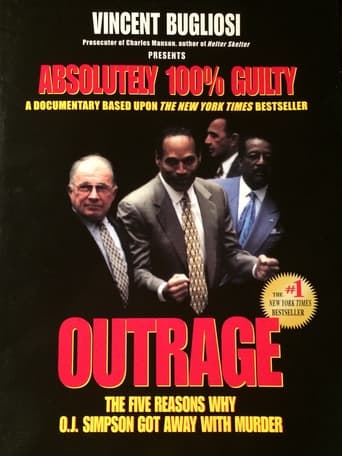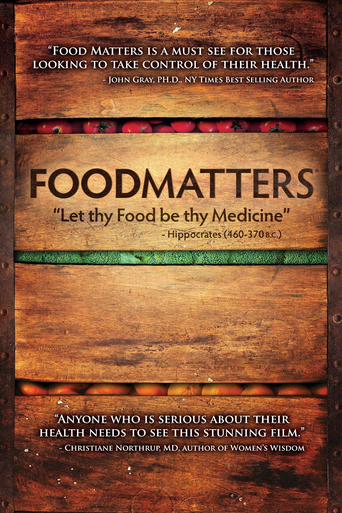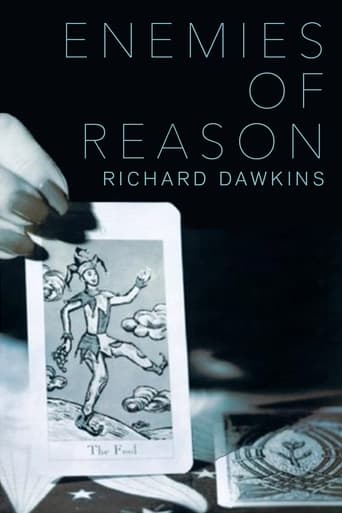

The Enemies of Reason (2007)
Documentary written and presented by scientist Richard Dawkins, in which he seeks to expose "those areas of belief that exist without scientific proof, yet manage to hold the nation under their spell", including mediumship, psychokinesis, acupuncture, and other forms of alternative medicine.
Watch Trailer
Cast
Similar titles

Reviews
This story has more twists and turns than a second-rate soap opera.
Good films always raise compelling questions, whether the format is fiction or documentary fact.
Blistering performances.
This is one of the best movies I’ve seen in a very long time. You have to go and see this on the big screen.
(1) dousing. A farmer neighbor, one of the most modest people I've ever known, used dousing to find running water.The douser walked a field and, when they walked over flowing water, their douse dipped. If you kept walking, it dipped again. And both the depth and flow rate of the water could be determined. He also cited numerous examples of people who used dousing to select a water well site, drilled there, and got water.Here the water was not flowing, not a stream or flow to be crossed. Here people, sacks of 135 pounds of water, were trying to find 2 or 3 pounds of static water.As to the douse, our neighbor cut a switch, a branch from a fruit tree on our property. He then demonstrated and, before our eyes turned the switch into a living thing, as he walked over a covered part of a stream that flowed through our property.The douse tugged at the ground, and bent to a tremendous degree.The swinging Bar-B-Que tines used in this film could not pull downward, but only swing in a plane parallel to the water.The farmer even showed us how relaxed was his hold of the switch. By the way, my father ran the Instrumentation dept. at B.C.I.T., and I'm a chemical engineer.(2) readers. There are sensitive people, who can read others Edgar Casey is perhaps the most famous example. It is important to emphasize that he did not like doing it. And with good reason -- being sensitive to and picking up the thoughts of others is a "negative" thing to do, opens the door to obsession and is very draining.(3) astrology may be rubbish, but that doesn't prove there are not cycles, just that Astrology is flawed.(4) vaccines. Some STILL include mercury. And did you know the average child gets about 100 of them now vs the handful given to children fifty years ago. Check out the documentary "The Greater Good" for more on this.etc.
I agree 100% with the positions that Richard Dawkins defends in this film. It is focused on the UK where there has been a broad acceptance of homeopathy even up to Prince Charles. In the USA we need a Dawkins to take up the task of identifying our irrational, fraudulent products and movements. This film should make the viewer wonder: why are these nonsensical snake oil ideas finding an audience today?I think Westerners are increasingly open to appeals that are fake and easily disprovable because of shifts in our culture. The rise of academic fields that oppose Enlightenment principles: feminist study, black study, anti-colonial study, and postmodern criticism provide intellectual cover for arguments from personal experience. Our free market tolerates commercial appeals regardless of their rationality or lack thereof. Our popular mistrust of all institutions has disarmed the natural predators of irrational bunk: the academy, government, journalists. Thus the New Age people can promote their ideas without getting the public intellectual thrashing they deserve.Also, we have misapplied helpful ideas about the right of minorities to exist and the importance of understanding all sides of an issue. There is a reluctance to simply state that when a proposition about the world has been investigated vigorously and no strong support had been found, we are obliged to adopt the simplest conclusion that there is very likely nothing there and we should put our effort elsewhere. Instead we demand absolute proof of nonexistence of an effect, not realizing that this is impossible. And so we carry on insisting that ideas like cell phone cancer, vaccine autism and even creationism are still viable.Be sure to check YouTube for uncut versions of all the interviews in this film. They are fascinating and they will expand the viewer's sense of who the interview subjects are, how sincere and open they are, and whether they understand their own ideas well.Deepak Chopra comes across in his full interview as well informed and equally open to Western and Eastern medical traditions. In the film, his edited interview is more one-sided: confrontational and less thoughtful.The Nicholas Humphrey interview gets into Darwinian medicine, a fascinating topic that gives us a very different perspective on paranormal ideas. He talks about placebos in detail and about how belief in a nonexistent soul may well be part of our healthy evolved psychology.
I don't particularly know anything about the writer/interviewer of this, and I watched this because someone else made me aware of its existence. Here, superstition is investigated, and science praised. Religion is not mentioned much at all beyond the very beginning, and I understand that it has already been explored in a prior effort by the same man who made this. Dawkins delves into the world of psychics, chakras and the like, and both undergoes treatments, readings and such, and talks with the spokespeople of them. He asks all the right questions, and comes across as quite respectful, considering his obviously differing opinion. He is notably less aggressive and overbearing than Michael Moore, who, I'm afraid, is really the only person I can think of to make comparisons to in this regard(I openly admit to not watching that many of these). Rather than attacking with accusations, Richard debates intelligently, and presents the facts, from what I can tell, entirely without bias. He exposes tricks used by some of those who claim to see beyond. He puts into perspective. Even if I did disagree with what he is saying, I'd find it a feat to argue points so logical. What he believes can be proved, and does not require faith, as a stark contrast to a large portion of what he takes a close look at herein. He and his approach are not really condescending, either. I am not aware of multiple versions of this, but what I watched was two parts, each of about 45 minutes, so an hour and a half of highly informational and revealing documentary. It points out that while some of it is harmless, certain of the practices can be harmful, to varying degrees. The production values leave little to be desired. The tone is serious, without being heavy, and allowing some irony. I recommend this to anyone who do or wish to value the tested, and/or tend to meet the opposite with skepticism. 8/10
It's great to see that science and reason has its own Michael Moore in Richard Dawkins. It's not just cool and amusing, but downright triumphant to see him ridicule and expose "alternative" medicine and other wholesale hoaxes. More power to him.And yet - I'm not really that big a Dawkins disciple. I think he focuses too much on reason in his own reasoning. Now, I'm certainly an atheist and a science-minded person and all that, but Dawkins' critique of religion almost exclusively hinges on how irrational it is. Well, sure it's irrational! Religion is about emotion. It's about fear and insecurity, much of which is very understandable in the life situations of the faithful, who frequently have very tough lives (esp. in earlier historical periods, but also today). Yet Dawkins doesn't address this at all. He doesn't really cut to the heart of the matter; he only talks about what's rational. So it's kind of only addressing half the issue, but, all right, that's entertaining too.As for something like homeopathy; well, it's certainly a bunch of nonsense, but, what's at work there is the placebo effect, and maybe this actually helps a lot of people. People who're insecure and have a deteriorating health because of it, might react well to assurances that this substance or that will help them, and their very belief in it will make it work - at least to some degree. I agree that it would be better if their problems could be solved in better ways, but as long as they can't be, the placebo effect is a useful and good form of medicine. Once social circumstances start improving (as we have to hope they will), maybe such things won't be necessary anymore, but can be replaced with real medicine (if needed).Still, despite Dawkins' uncompromisingly rational outlook, I think he's on the right path and I hope he does more programs like this. He needs to look into emotion, though.9 out of 10.
